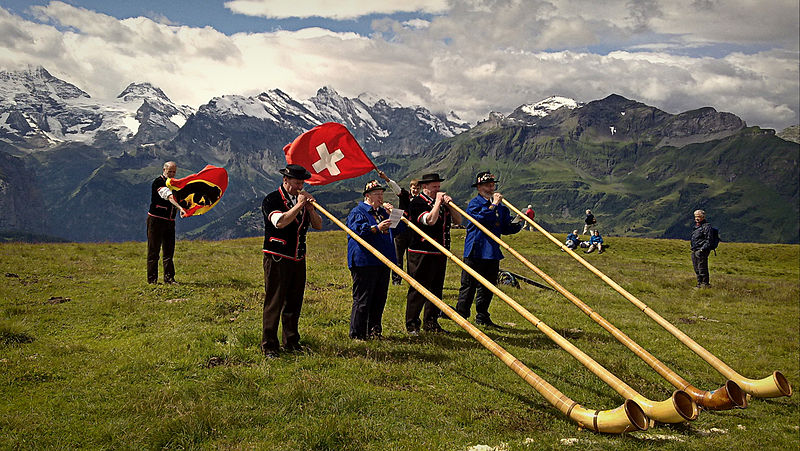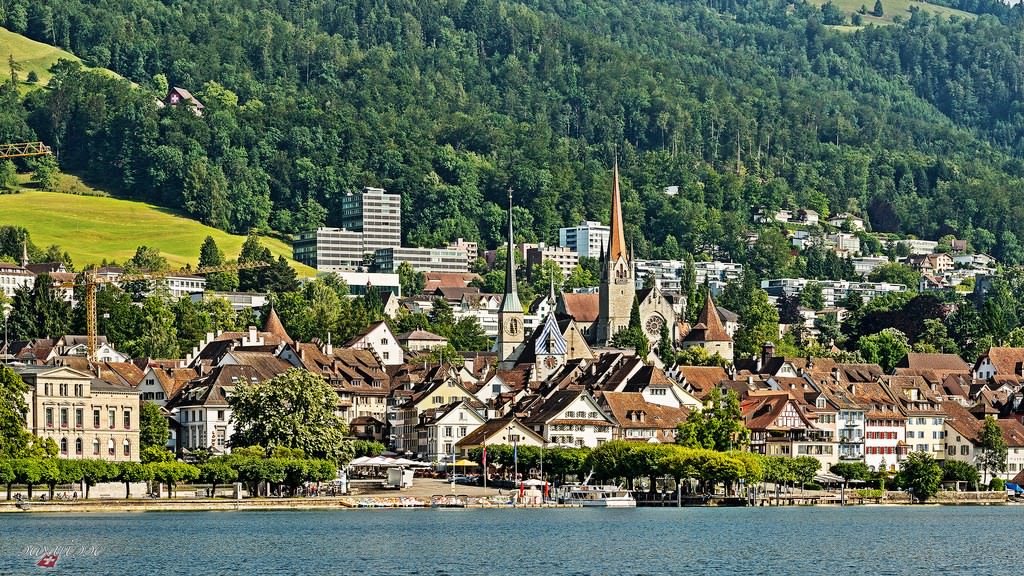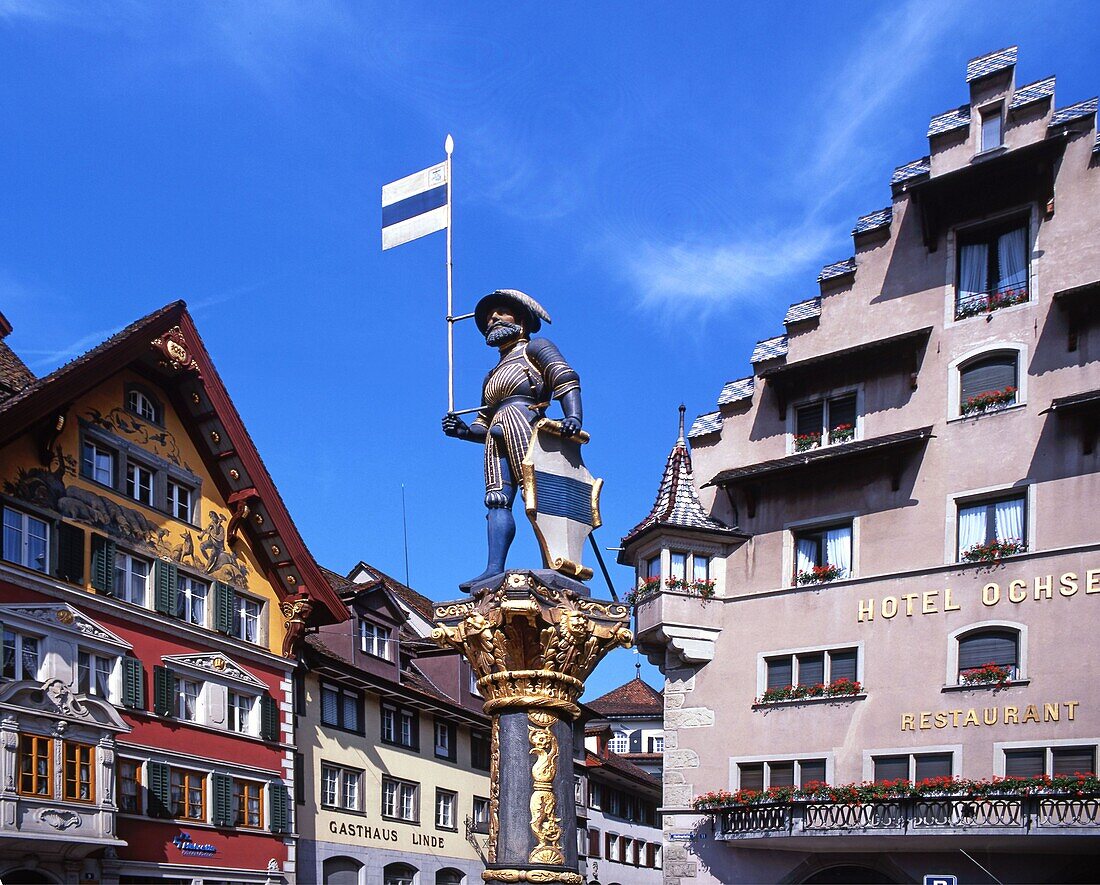Switzerland
History
Zug has a rich history that dates back to the Middle Ages. The Old Town of Zug, with its well-preserved medieval structures, is a living testament to this vibrant past. The Zytturm, a historic clock tower, stands majestically at the center of the Old Town, symbolizing Zug’s antiquity and resilience. The tower, built around the 13th century, houses the oldest clock face in Switzerland, offering a glimpse into the city’s age-old horological tradition

Castle

The city also takes pride in its Burg Zug or Zug Castle, a preserved medieval castle, now transformed into a historical and cultural museum. Exhibits here breathe life into Zug’s past, narrating stories of its early inhabitants, cultural evolution, and socio-economic development. Like most of Switzerland, Zug was untouched during the WW2, why? Well that is somewhat controversial, and I’ll touch on this in a further website. Who said the Swiss are boring?
Tradition

The culture of Zug is a fascinating blend of tradition and modernity. The people of Zug have a deep-rooted love for their local customs and traditions. Events like the annual Cherry Blossom Festival and the Zug Trade Fair are perfect illustrations of this cultural richness. The Cherry Blossom festival, celebrating the cherry orchards that dot the Zug landscape, involves traditional music, local gastronomic delights, and cherry-based products, creating a festive atmosphere that’s infectiously joyful. At the same time, Zug is also home to a thriving modern culture. Its vibrant arts scene is evident in its array of galleries, music venues, and theaters. The Theater Casino Zug, which is worth a visit in the warmer months, overlooking Lake Zug, hosts a variety of performances, from classical concerts to contemporary dance, reflecting the city’s diverse cultural palette.